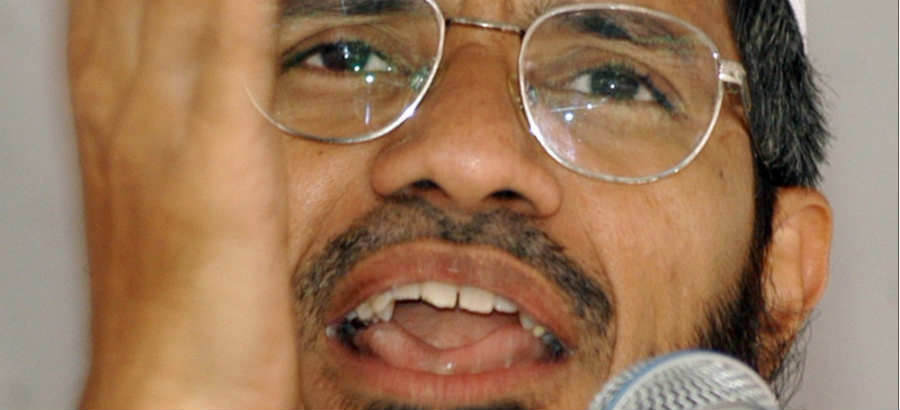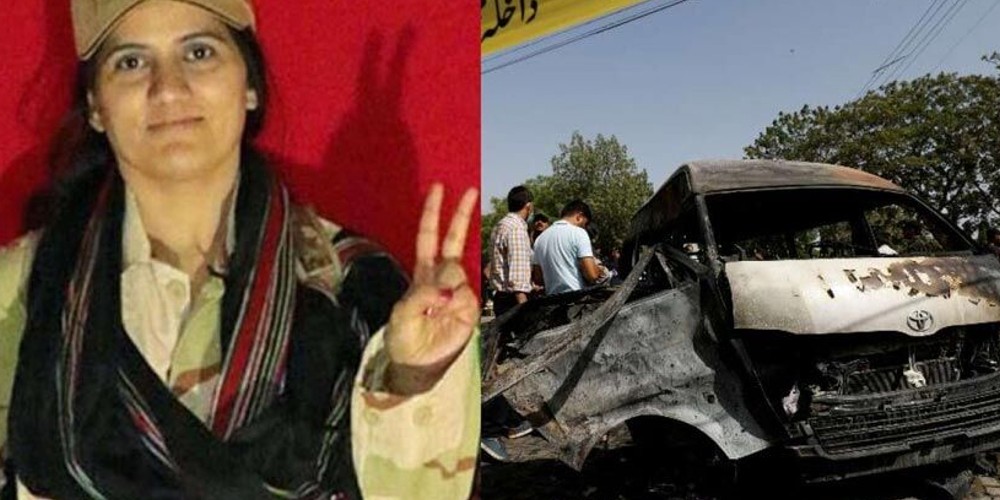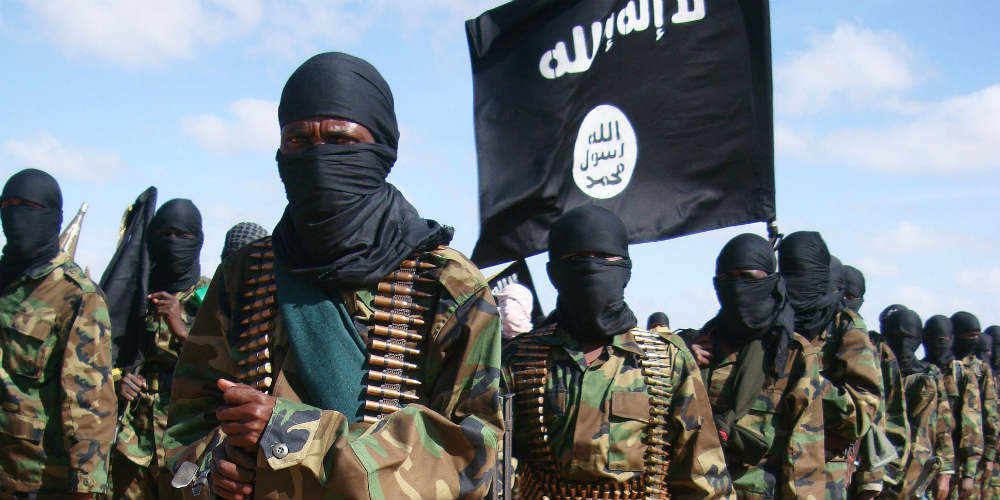BY SAEED NAQVI
Zakir Naik, Islamic evangelist with rock star ratings, could be only temporarily in trouble. Come November and he may be able to find apologists in the NDA government.
What has November got to do with the government? Because, like the rest of the world, New Delhi is waiting for the outcome of the US elections. A Hillary Clinton victory will end the nail biting suspense globally, and in Israel and Saudi Arabia there may be celebrations. Naik’s patrons in Saudi Arabia are perhaps low today, but they could bounce back with a Clinton victory.
Islamic Research Centre and The Clinton Foundation have another link: considerable sums for their respective Foundations have come from Saudi Arabia.
Naik has been officially in the business of evangelism since 1991 when IRF was established. That year Manmohan Singh’s New Economic Policies brought New Delhi in line with the US. George Bush Sr. was the President. The Bush family’s extraordinary interests in Saudi Arabia continued during the Clinton years.
An economically “reformed” New Delhi looked at Washington for almost every foreign policy lead. Since the Saudis could do no wrong in US eyes, New Delhi adopted the same public stance towards Riyadh. Zakir Naik preached in the Salafi-Wahabi idiom, favoured by the House of Saud. Little wonder, successive Indian Prime Ministers were advised to look the other way. During days of breathless adoration for the US, particularly when the nuclear deal was being negotiated, what registered in South Block was an unstated message from Washington: tolerate Saudi Arabia and its interests. Zakir Naik had Saudi protection. Therefore, his evangelism was acceptable to India for the past 25 years. Wahabism-Salafism was kosher when, on cue, New Delhi was voting against Iran in Vienna.
Naik has fallen on bad days because the West and their clients like Saudi Arabia have badly bungled in Syria. Jointly and singly they financed and armed all manner of extremist groups. Their search for a “moderate opposition” remained a pipe dream.
The blowback from the Syrian, Libyan (earlier Iraqi and Afghan misadventures) continued to plague the Saudis. Ultimately, to run away from themselves, they leapt into the bubbling Yemen cauldron.
Destroyed countries and civilizations created a migration problem, an Exodus of Biblical proportions, causing Europe to shuffle out of its old coil. Two party political structures, secured a long time ago, began to crumble.
As if all of this were not unsettling enough, the Americans have just come up with an unconvincing Republican nominee for President and a Democratic nominee who is by her own admission “unloved”. Even The Economist, that pillar of the Western-liberal establishment has pulled out from the dictionary adjectives of an extreme nature to describe Hillary Clinton: “dishonest”, “untrustworthy”.
In brief, the West has its own crises to worry about. The Saudis had already come down a notch or two when the Iranian nuclear deal was signed. And now, the mess in Europe and the US, has pushed Saudis away from the West’s attention radar.
New Delhi, which keeps a steady gaze on Washington and its changing moods, has shrewdly noticed Riyadh’s fall from grace. Naik can now be taken to task. The change of heart on the evangelist also signals something important: New Delhi now feels secure in the thought that Sufism and mild Hanafi Sunnism most characterize Indian Muslims. Wahabism-Salafism is remote from the wider Islamic practice among India’s Sunnis.
Riyadh maybe down, but it would be premature to count it out. After all, should Hillary Clinton enter the White House, who knows what might she not do for “Israel’s security”. Her email released by Wikileaks confirmed that the Obama administration had deliberately provoked the civil war in Syria as “the best way to help Israel”.
In an earlier email she said: “the best way to help Israel deal with Iran’s growing nuclear capability is to help the people of Syria overthrow the regime of Bashar Assad.”
“Overthrowing Bashar Assad” was the one point theme former Saudi Spy Chief, Prince Bandar bin Sultan had been instructed by the late King Abdullah to pursue. Typical of Prince Bandar’s theatrical style of diplomacy, he turned up at the Kremlin on a secret mission. He promised Putin a “terror free” Sochi Olympic games if only he could have Assad’s head on a platter. Bandar was sidelined because he could not deliver on Syria.
So long as the Israeli military point of view is part of Western strategic thinking, a regime change in Damascus must re surface as a Washington priority, should Hillary Clinton win.
Such an operation would require co ordination with the Saudis as well. In other words the current nosedive in Saudi saliency maybe quite as dramatically arrested. Zakir Naik’s protectors in Riyadh may yet be able to stiffen their sinews and summon up the blood. Good for Naik. Also Delhi will then have to place Bangladesh Prime Minister, Sheikh Hasina’s concerns in the balance. Apparently Naik’s evangelical mesmerism is causing concerns in Dhaka where acts of terror have picked up in frequency, allegedly influenced by his eloquence.
(Saeed Naqvi is a senior Indian journalist, television commentator, interviewer, and a Distinguished Fellow at Observer Research Foundation. Mr. Naqvi is also a mentor and a guest blogger with Canary Trap)



